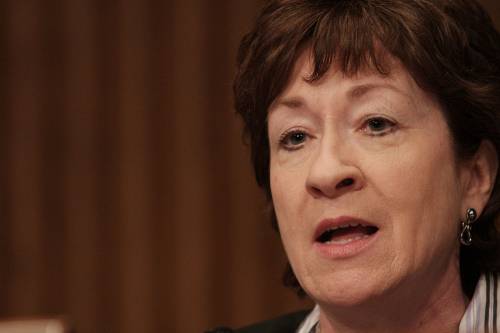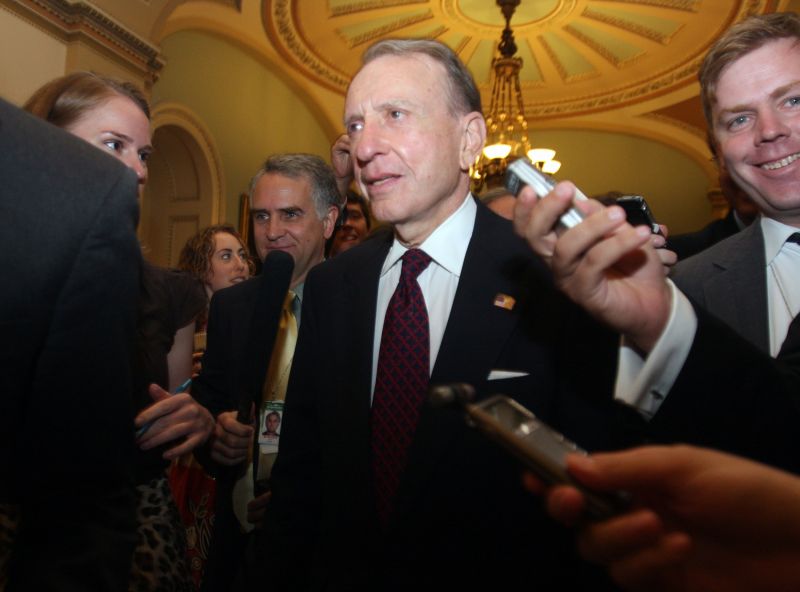
Lauren Victoria Burke/WDCPIX.COM
After more than a year of hand-wringing, negotiating, bickering, leaking, and (some) compromise, is financial reform about to crash and burn at the 11th hour? The chances of the Dodd-Frank bill failing to win the necessary 60 votes in the Senate, where the measure must pass before going to President Obama, are increasing by the day. Yesterday, Sen. Russ Feingold (D-Wisc.) reiterated his opposition to the bill, after having voted against it in May, and Sen. Robert Byrd (D-WV), who didn’t vote in May but would’ve backed the bill, passed away yesterday morning. (A position our own Kevin Drum simply can’t understand.) Sen. Maria Cantwell (D-Wash.), who joined Feingold in opposing the bill, has yet to change her stance. A spokeswoman for Sen. Charles Grassley (R-Iowa), who voted for the bill in May, told Mother Jones yesterday the senator was still digesting its contents, which means one of four GOP votes is up in the air.
And now, as Talking Points Memo‘s Brian Beutler reports, another Senate Republican who’d backed the financial bill in May is on the fence:
Sen. Susan Collins (R-ME) joined Sen. Scott Brown (R-MA) this evening, putting herself back into the undecided column on Wall Street reform legislation, after House and Senate negotiators added new fees on banks to the final bill late last week.
“It was not part of either the House or Senate bill and was added in the wee hours of the morning. So I’m taking a look at the specifics of that and other provisions as well,” Collins told reporters this evening outside the Senate chamber.
That big bank tax, inserted by Rep. Barney Frank (D-Mass.) on the final night of the House-Senate conference process, is proving to be more of a headache than it’s worth. As Beutler mentioned, Scott Brown, who supported financial reform in May, has threatened to join the rest of his party in opposing the bill because of the tax, which Frank added to make banks pay for implementing the Dodd-Frank bill.
This spells trouble for Sen. Chris Dodd (D-Conn.), the Senate’s leader on financial reform. His 60-vote supermajority is crumbling, arguably through no fault of his own. It appears likely that the Senate will push back by a week the final vote on Dodd-Frank, so it can secure those 60 votes and avoid a catastrophic loss on the Senate floor.
The Wall Street reform fight, from day one, has been a nervewracking one, with close votes and backroom deals and narrow victories. The final step in the process is shaping up to be no less of a nailbiter.












